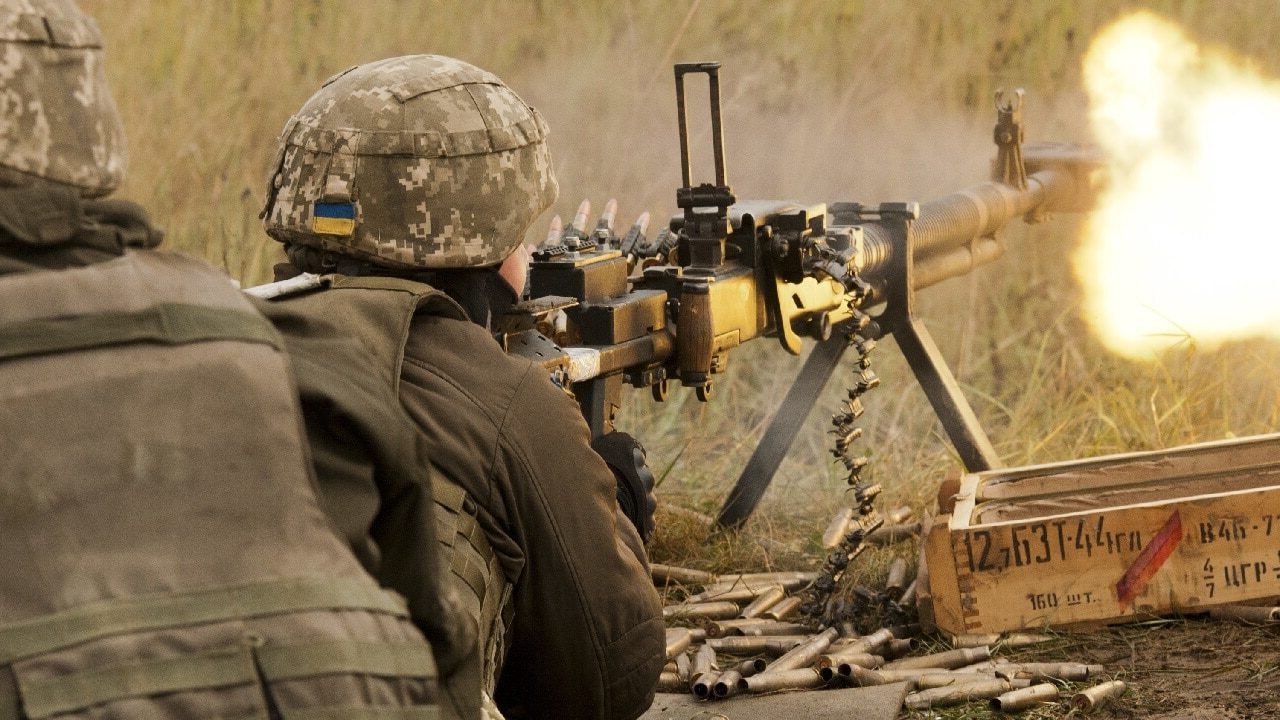UN General Assembly Votes to Call for End to Russian Invasion of Ukraine – On Thursday, the United Nations General Assembly voted overwhelmingly to pressure Russia to stop its war in Ukraine and to do more to protect civilians in the country. 140 countries voted in favor of Russia ending its so-called “special military operation” in Ukraine.
Five countries opposed the motion and 38 abstained. The motion was sponsored by the United States and almost two dozen other countries.
It’s not the first time the United Nations has voted to call on Russia to end its occupation of Ukraine, with 141 countries backing a similar resolution just weeks ago.
On Wednesday, United States Ambassador to the United Nations Linda Thomas-Greenfield said that voting in favor of the resolution, which calls for Russian to immediately end all hostilities in Ukraine, countries are “voting to an end to the war.”
The vote came on the same day that U.S. President Joe Biden arrived in Brussels, Belgium, to engage in discussions with NATO, G7, and European Union representatives and leaders. The president will travel to Warsaw, Poland, on Friday to meet President Andrzej Duda.
Why It Probably Doesn’t Matter
Ultimately, the resolution is non-binding. The last vote didn’t stop Russia from continuing its military assault on Ukraine, and as of Thursday, the invasion continues despite the latest vote.
While Russia has ignored these resolutions, it hasn’t stopped the country putting forward its own. On Wednesday, a draft resolution proposed by Russia relating to the humanitarian crisis in Ukraine – caused by Russian troops’ relentless shelling of residential buildings and hospitals – gained only two votes from China and Russia.
U.S. Ambassador Thomas-Greenfield said that Russia was attempting to use the Security Council to “provide cover for its brutal actions.”
Russia’s draft resolution called for greater civilian protection in Ukraine and aid access to the country. After the vote, Russian United Nations Ambassador Vassily Nebenzia accused countries that abstained from doing so for “political reasons.”
Zhang Jun, China’s permanent representative to the UN, said that China had a “strong expectation” that there will be an immediate ceasefire, but added that the United Nations should work with Russia to “respond to the humanitarian crisis in a positive, pragmatic and constructive manner.”
“It is heart-wrenching to see the continued deterioration of humanitarian situation in Ukraine, as well as the civilian casualties and massive displacement of people caused by the conflict. The top priority now is for the parties concerned to maintain maximum restraints, avoid more civilian casualties, and reach a negotiated ceasefire as soon as possible, especially to prevent a larger-scale humanitarian crisis,” Zhang added.
Jack Buckby is a British author, counter-extremism researcher, and journalist based in New York. Reporting on the U.K., Europe, and the U.S., he works to analyze and understand left-wing and right-wing radicalization, and reports on Western governments’ approaches to the pressing issues of today. His books and research papers explore these themes and propose pragmatic solutions to our increasingly polarized society.

